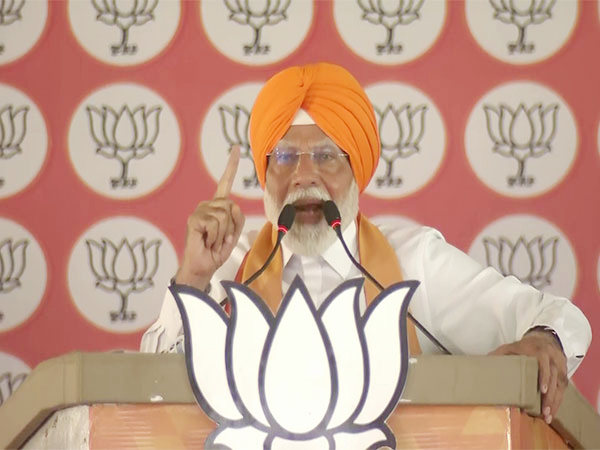Prime Minister Narendra Modi’s recent remarks during a public rally in Patiala, Punjab, have sparked intense debate and raised important questions about the role of historical narratives in contemporary politics.
PM Modi’s assertion that he would have reclaimed Kartarpur Sahib from Pakistan during the 1971 Bangladesh Liberation War has elicited a range of reactions. While some view his statement as a demonstration of strength and resolve, others question the historical feasibility and diplomatic implications of such a scenario. Critics argue that while historical revisionism is not uncommon in political rhetoric, it is essential to distinguish between rhetoric and reality, especially when dealing with sensitive geopolitical issues.
Furthermore, PM Modi’s defense of the Citizenship Amendment Act (CAA) has reignited the contentious debate surrounding the legislation. The Prime Minister’s assertion that the CAA aims to provide refuge to persecuted minorities has been met with skepticism by opponents who argue that it discriminates against Muslims and undermines India’s secular fabric. The ongoing debate underscores the complex interplay between identity, citizenship, and human rights in contemporary India.
In addition, PM Modi’s characterization of the Congress and AAP alliance as two sides of the same coin has added a new dimension to Punjab’s political landscape. His allegations of opportunism and betrayal have intensified political rivalries and raised questions about the credibility of political parties. As Punjab prepares for elections, voters are faced with the challenge of navigating competing narratives and deciphering political rhetoric from substantive policy proposals.
The Prime Minister’s statements have ignited passions on both sides of the political spectrum. While his supporters applaud his boldness and decisiveness, his detractors accuse him of pandering to nationalist sentiments and sowing division. As India continues to grapple with its historical legacy and contemporary challenges, PM Modi’s assertions serve as a reminder of the power of political rhetoric to shape public opinion and influence policy decisions.



